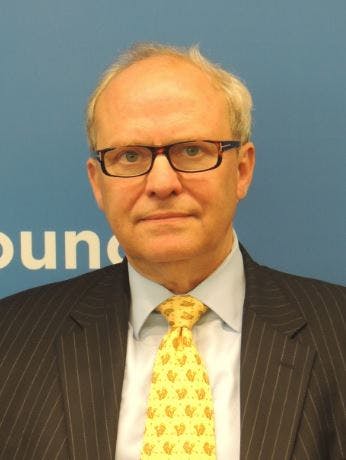People
Below you can find further information about the speakers, commentators and chairs to the sessions.
Ralf Bader
Ralf M. Bader is a Fellow of Merton College and an Associate Professor in the Philosophy Department at the University of Oxford. His research primarily focuses on ethics, metaphysics, Kant, and political philosophy. He is the author of ’Robert Nozick’ (2010), co-editor of ’The Cambridge Companion to Nozick’s Anarchy, State and Utopia’ (2011), and co-editor of ’The Highest Good in Aristotle and Kant’ (2015). He is currently writing a monograph on Kant’s theory of modality, as well as a monograph on population ethics.
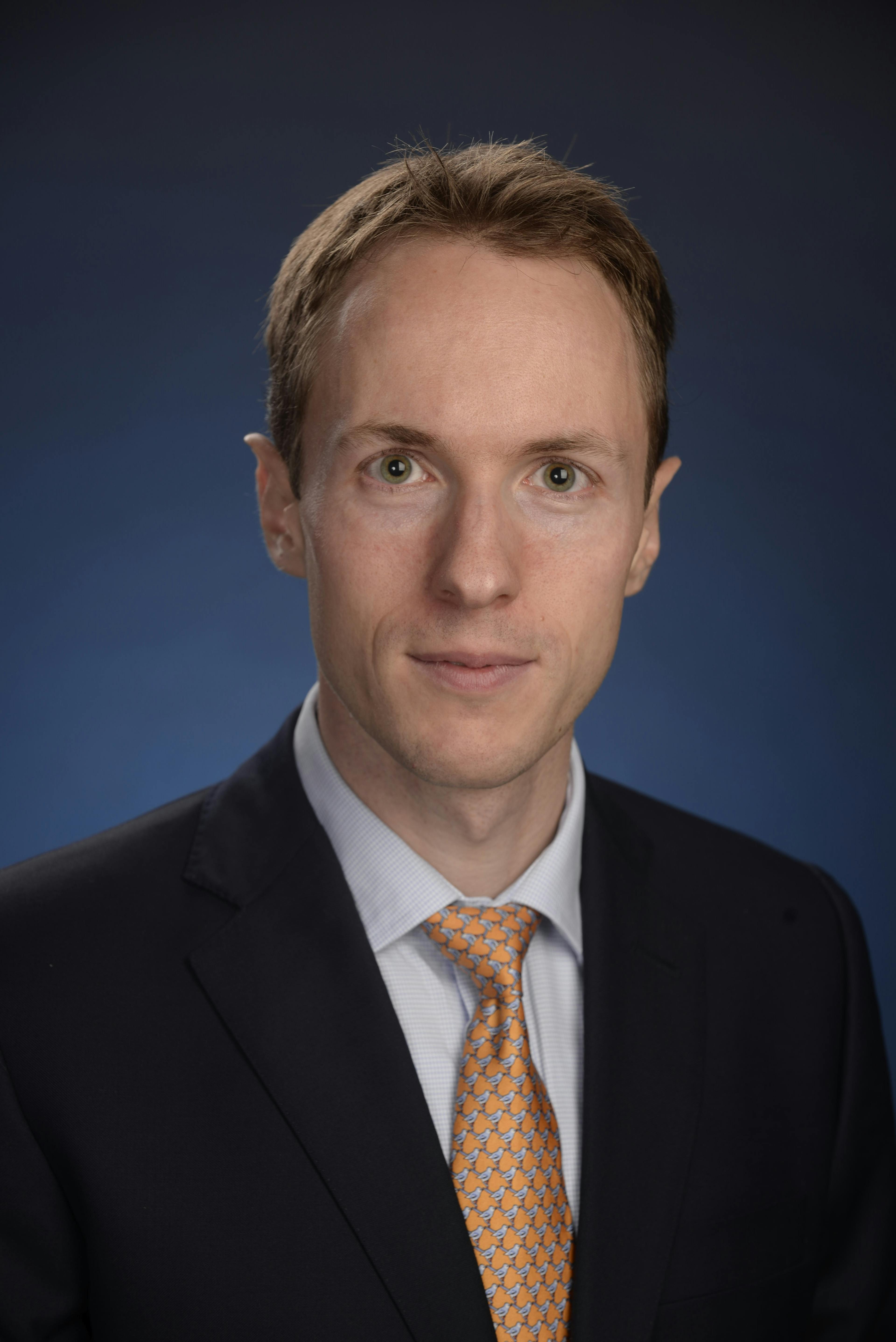
Leszek Balcerowicz
Professor of Economics at the Warsaw School of Economics, former Deputy Prime Minister and Minister of Finance (1989-1991 and 1997-200) former President of the National Bank of Poland (2001-2007). Recipient of numerous honours from universities and awards worldwide.
Author of more than 100 publications on economic issues in Poland and abroad. Awarded with Poland’s highest decoration – Order of the White Eagle – for his contribution to the reforms in Poland (2005). Since 2006 Leszek Balcerowicz has belonged to the Distinguished Associates of the International Atlantic Economic Society. He is a member of the Group of Thirty, founded by Paul Volcker. In 2008 Leszek Balcerowicz has been appointed as the chairman of Bruegel, a European think tank. He was a member of the High Level Expert Group on EU Financial Supervision chaired by Jacques de Larosiére. In 2009 he has been elected the President of International Atlantic Economic Society. In 2007 Leszek Balcerowicz created FOR – the Civil Development Forum Foundation, a free market think-tank in Poland. In 2014 he was awarded with the Milton Friedman Prize for Advancing Liberty.
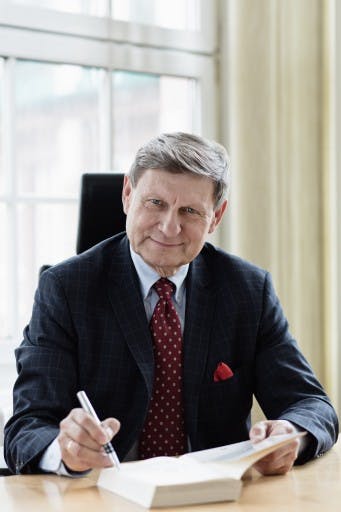
Peter Boettke
Peter J. Boettke is University Professor of Economics and Philosophy at George Mason University and Director of the F.A. Hayek Program for Advanced Study in Philosophy, Politics, and Economics at the Mercatus Center. He received his PhD in economics from George Mason University in 1989. Before joining the faculty at George Mason University in 1998, Boettke taught at New York University. Boettke was a National Fellow at the Hoover Institution for War, Revolution and Peace at Stanford University during the 1992-1993 academic years and the F. A. Hayek Fellow in 2004 and 2006 at the London School of Economics.
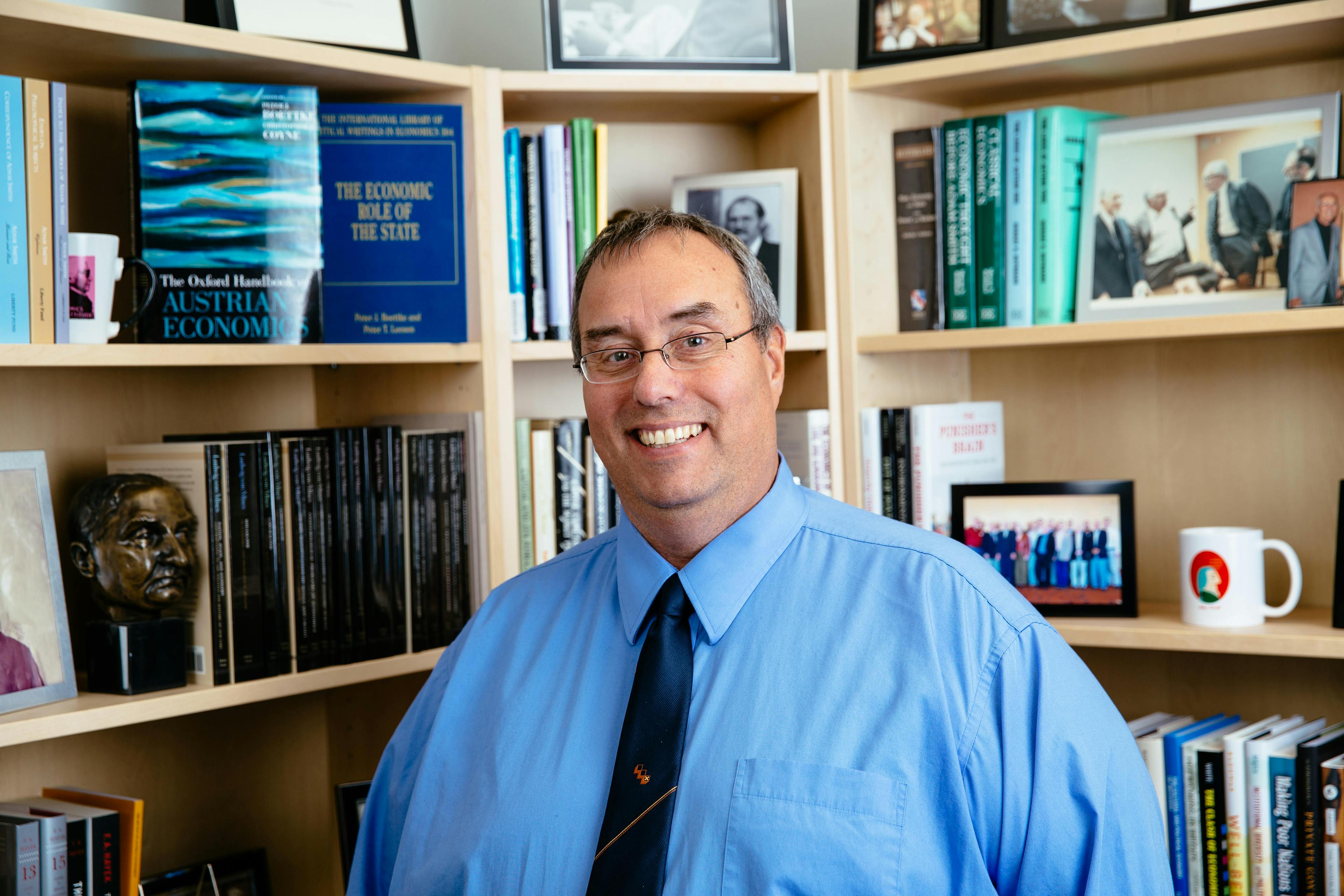
Bruce Caldwell
Bruce Caldwell is a Research Professor of Economics and the Director of the Center for the History of Political Economy at Duke University. He is the author of Beyond Positivism: Economic Methodology in the 20th Century (1982), and of Hayek’s Challenge: An Intellectual Biography of F. A. Hayek (2004). Since 2002 he has served as the General Editor of The Collected Works of F. A. Hayek. A past president of the History of Economics Society, Caldwell has held research fellowships at New York University, Cambridge University, and the London School of Economics. He is currently working on a full biography of Hayek.
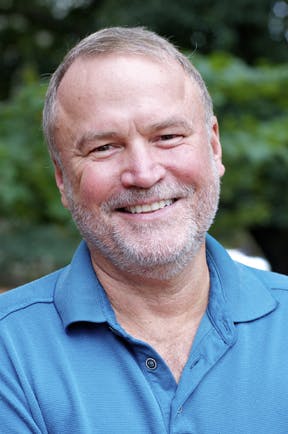
Gabriel Calzada
Gabriel is president of Universidad Francisco Marroquin, the pioneering free-market university founded in 1971 in Guatemala. He is current president of the Association of Private Enterprise Education, member of the advisory board of Students for Liberty, and board member of Mont Pelerin Society and Rising Tide Foundation. In his native Spain, he was founding president of Juan de Mariana Institute, a think-tank that has gained international relevance for the impact of its innovative research and two-time recipient of Atlas Network’s Templeton Freedom Award. Gabriel’s 2009 study on the negative impact of the Spanish government’s promotion of “green jobs” reverberated around the world. In Spain, subsidies in place since 1996 were reversed. The study—featured on Fox News, Glenn Beck, and John Stossel—along with Gabriel’s testimony before the U.S. Congress helped bury that initiative. He holds a doctorate in economics from Rey Juan Carlos University in Spain, and has published over 1000 articles in national and international media. He has served as professor of economics at IE University and Rey Juan Carlos University. Gabriel also specializes in environmental and energy economics, the Austrian business cycle, and defense economics. He is passionate about cinematography and teaches a class in cinematographic language at UFM’s film school. He spends his weekends adventuring along the back roads of Guatemala with his wife Karen, three daughters, and two border collies.
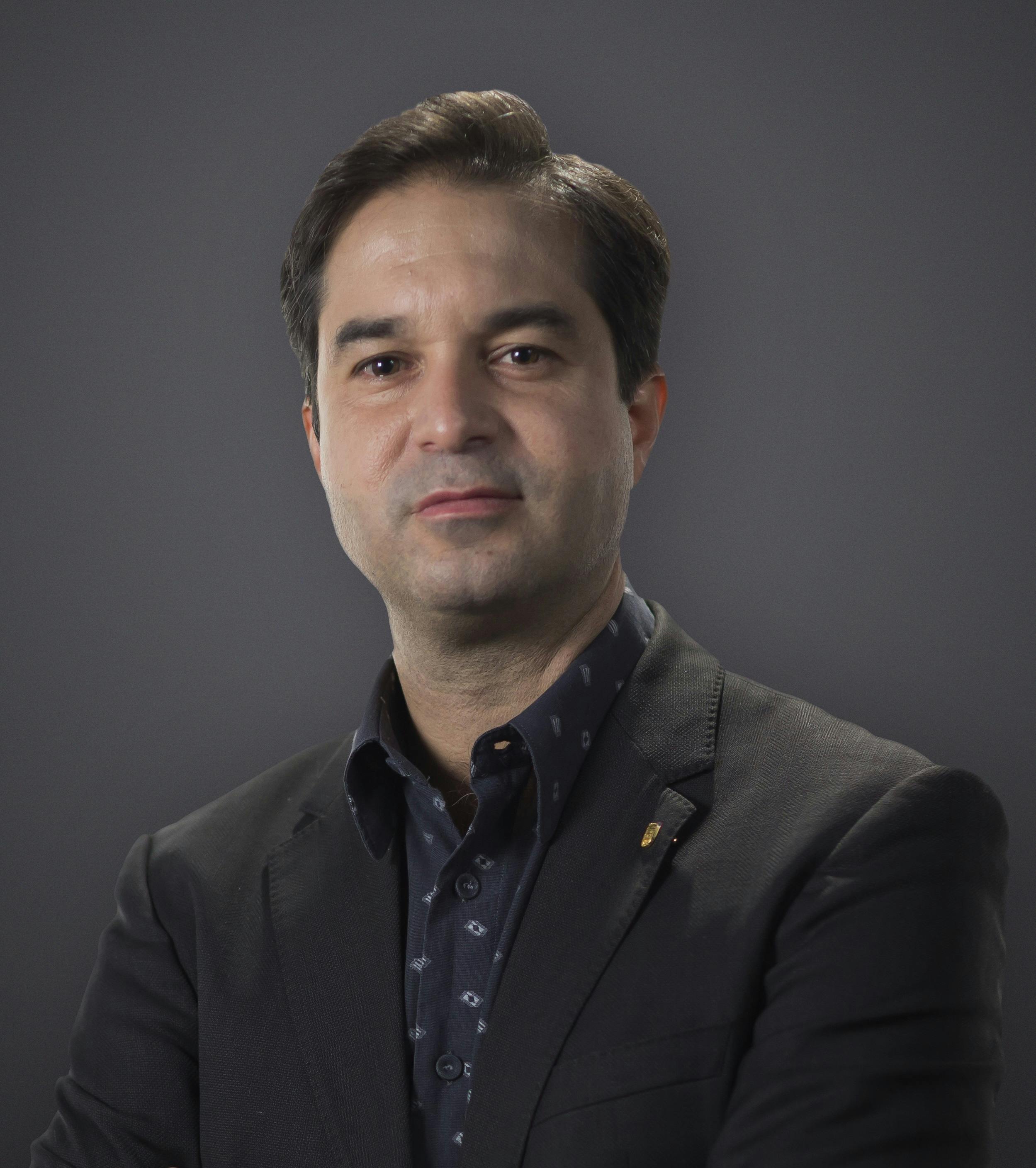
J.R. Clark
J.R. Clark earned the Ph.D. in Economics from Virginia Polytechnic Institute under Nobel Laureate James Buchanan and completed a postdoctoral research fellowship at Princeton. He currently holds the Probasco Distinguished Chair at The University of Tennessee at Chattanooga and is the author of seven books and more than 100 academic articles. In 1996, he was inducted into the Mont Pèlerin Society, elected to its board of directors in 2006, served as Vice President from 2010-2012, and currently serves as Treasurer. In 2012-13 he was Vice President of the John Templeton Foundation and currently serves as Secretary/Treasurer for both the Southern Economic Association and The Association for Private Enterprise Education. He holds an Airline Transport Pilot’s rating and currently flies light jet aircraft.
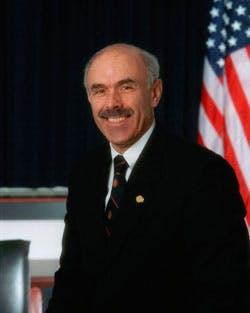
Diane Coyle
Diane Coyle is a Professor of Economics at the University of Manchester and Co-Director of Policy@Manchester. She is a member of the Natural Capital Committee and Fellow of the Office for National Statistics as well as founder of the consultancy Enlightenment Economics.
She specialises in the economics of new technologies, markets and competition, and public policy. At present she is researching the implications of digital technologies for economic statistics, and the links between economic measurement and economic welfare. She is an investigator in the new Economic Statistics Centre of Excellence set up by the UK’s Office for National Statistics. Previously she has worked extensively on the impacts of mobile telephony in developing countries. Her books include the bestselling GDP: A Brief but Affectionate History, The Economics of Enough: How to run the economy as if the future matters, and The Soulful Science (all Princeton University Press).
Diane was a BBC Trustee for over eight years, and was formerly a member of the Migration Advisory Committee and the Competition Commission. She was previously Economics Editor of The Independent and also worked at the Treasury and in the private sector as an economist. She has a PhD from Harvard. Diane was awarded the OBE in January 2009.
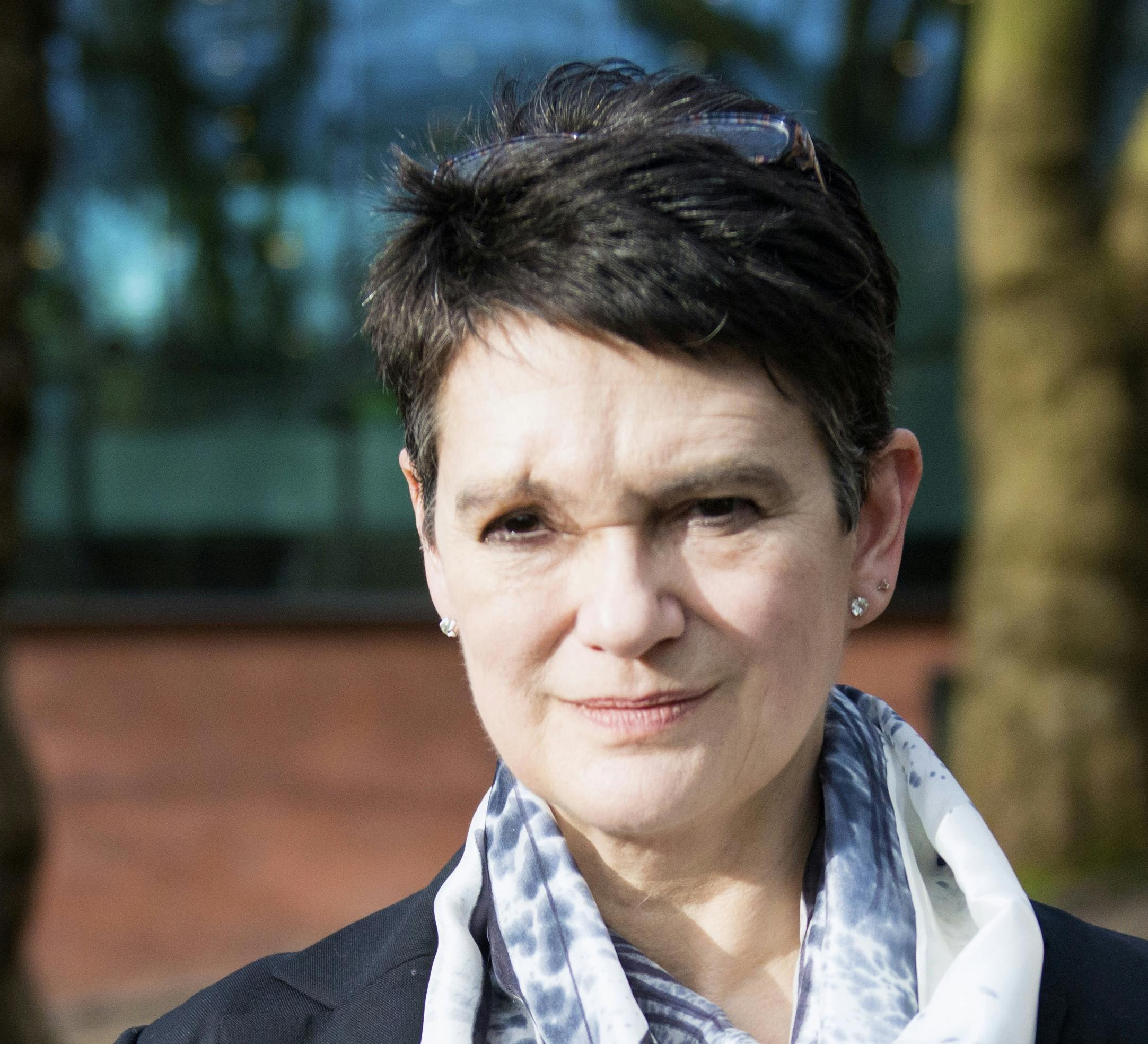
Lars P Feld
Lars P. Feld has been holding a chair of Economics, in particular Economic Policy, at Albert-Ludwigs-University of Freiburg since 2010 and is the current Director of the Walter Eucken Institute. After his studies in Economics at the University of Saarland (Germany) Lars P. Feld graduated from University of St. Gallen in 1999 and qualified for a professorship in 2002. From 2002 to 2006, he worked as a professor of economics, with a focus on public finance, at Philipps-University Marburg, and from 2006 to 2010 at the Ruprecht-Karls-University Heidelberg. He is a permanent guest professor at the Center for European Economic Research (ZEW) in Mannheim, as well as a member of Leopoldina (the German National Academy of Sciences), the Kronberger Kreis – scientific council of the think tank Stiftung Marktwirtschaft –, and the Mont Pelerin Society. Since 2003, Lars P. Feld has been a member of the Scientific Advisory Council to the Federal Ministry of Finance and, since 2011, a member of the German Council of Economic Experts (GCEE). He currently represents the GCEE in the Independent Advisory Council of the Stability Council, Germany’s construction of a fiscal council. He has published among others in the Journal of Public Economics, European Economic Review, Economic Policy, Journal of Banking and Finance, Scandinavian Journal of Economics, Public Choice, and the European Journal of Political Economy.
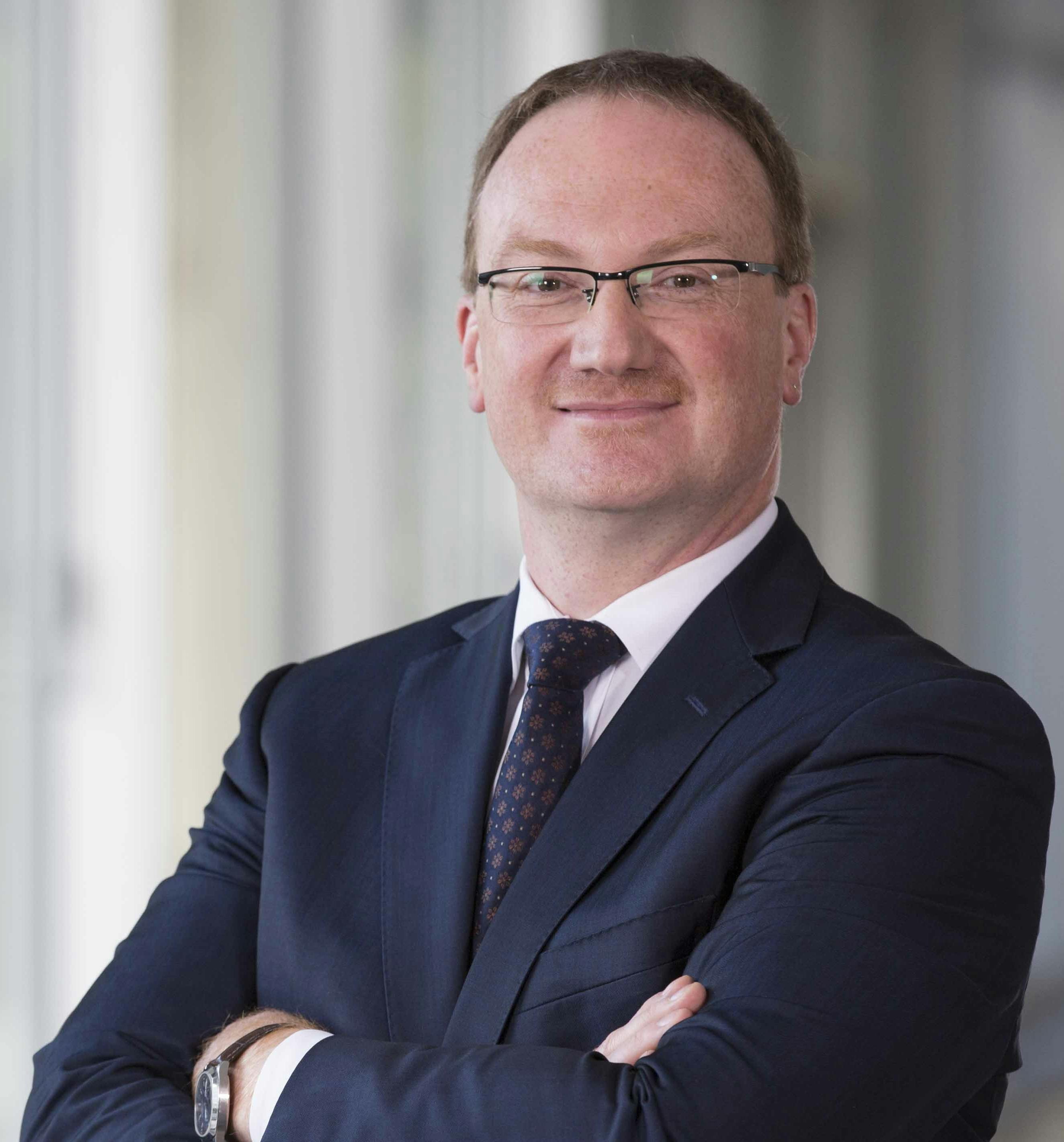
Edwin van de Haar
Dr Edwin van de Haar specializes in the liberal tradition in international political theory. He has lectured at Brown University, Leiden University and Ateneo de Manila University. Van de Haar is the author of Classical Liberalism and International Relations Theory. Hume, Smith, Mises and Hayek (2009), Beloved Yet Unknown. The Political Philosophy of Liberalism (2011, in Dutch), Degrees of Freedom. Liberal Political Philosophy and Ideology (2015), as well as several articles and chapters on liberal ideas and thinkers in the liberal tradition.
He received his PhD in International Political Theory from Maastricht University in 2008, and holds Master degrees in International Relations (London School of Economics and Political Science, 1997) and Political Science (Leiden, 1996).
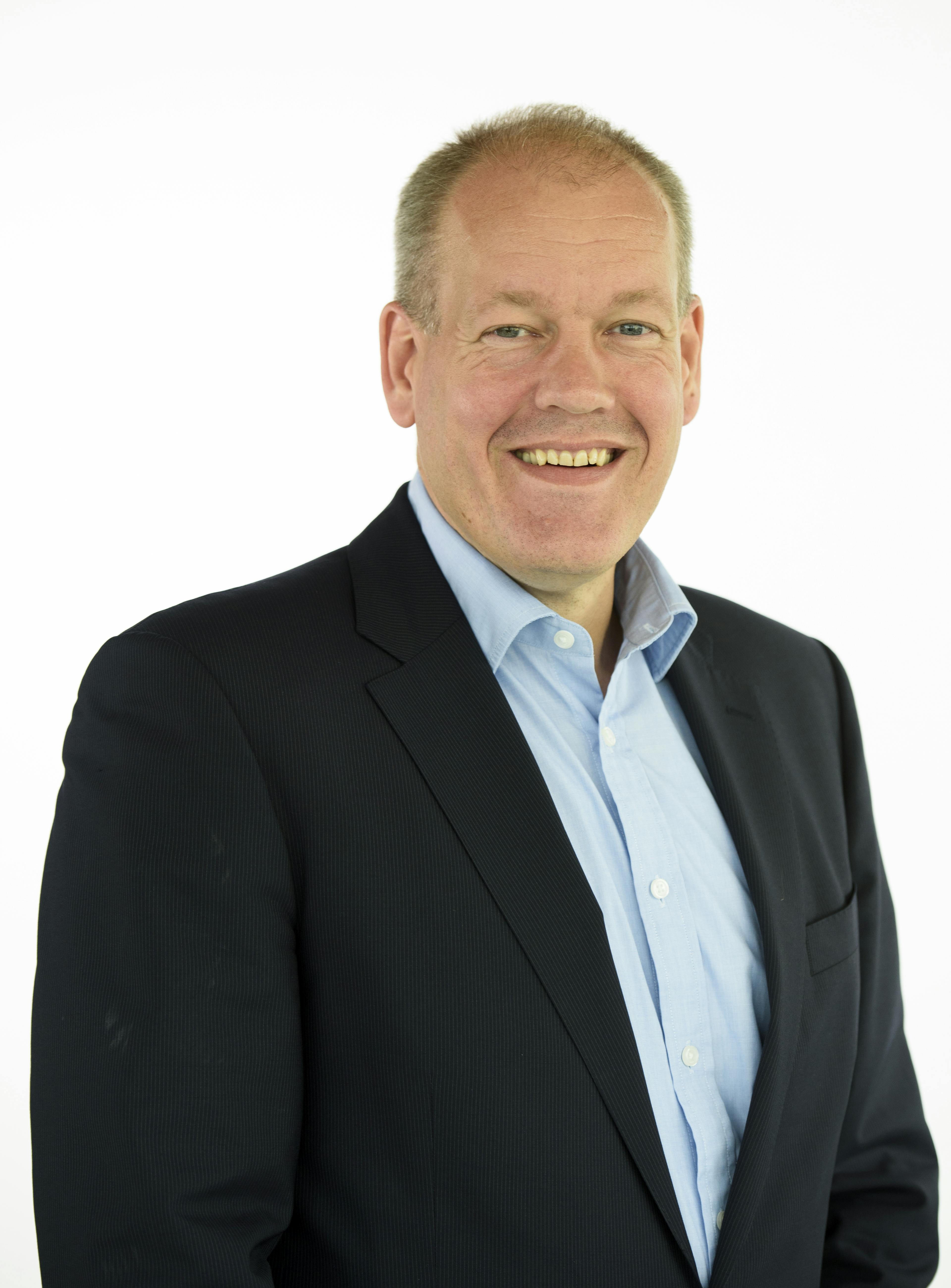
Karen Horn
Karen Horn, born 1966 in Geneva, Switzerland, is an Economist, journalist and writer. She teaches the history of economic thought at Humboldt University Berlin and at the University of Erfurt, Germany. She serves as the editor-in-chief of “Perspektiven der Wirtschaftspolitik”, a scholarly journal published by the German Economics Association. She regularly writes essays, commentaries and book reviews for publications such as Frankfurter Allgemeine Zeitung, Neue Zürcher Zeitung, Capital, Schweizer Monat and CapX. Karen Horn holds a doctorate in economics from the University of Lausanne, Switzerland. Earlier in her career, she was an economic editor at Frankfurter Allgemeine Zeitung, Germany’s leading daily newspaper, and head of the Berlin office of Institut der deutschen Wirtschaft Köln, a large private economic research institute. She has authored several books, among others “Roads to Wisdom – Conversations with ten Nobel laureates” (Elgar 2009) and “Hayek für jedermann” (FAZ Buch 2013). In 2010, she was awarded the Ludwig Erhard Prize for economic journalism. Her website: www.karenhorn.de
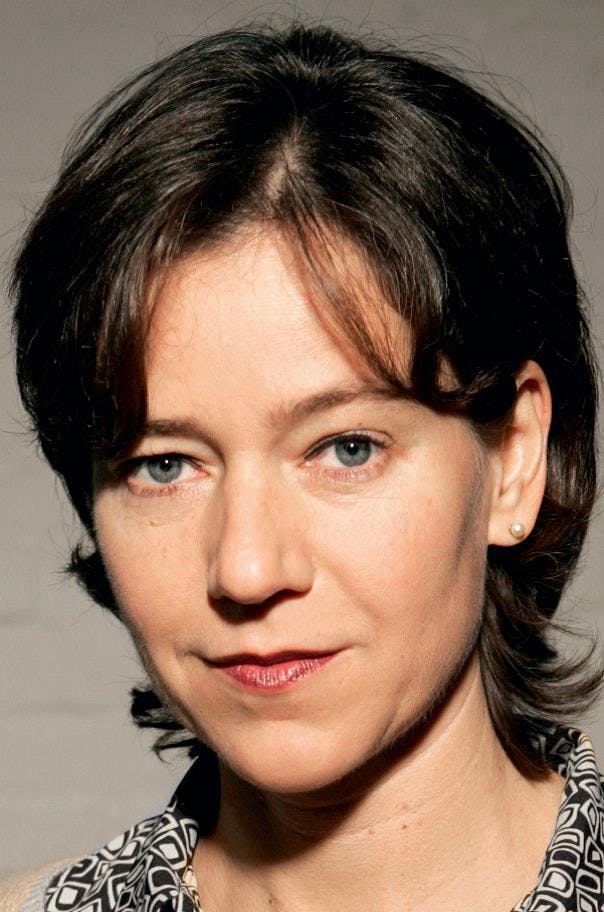
Nils Karlson
Nils Karlson is the founding president and CEO of the Ratio research institute in Stockholm, Sweden. He is an economist and political scientist, an Associate Professor (docent) at Uppsala University, working in the fields of institutional economics, political theory, public choice, and constitutional political economy. Prior to Ratio he was the president of the City University of Stockholm. After postgraduate studies in economics at George Mason University and in political science at Uppsala University he worked as a university lecturer, government advisor and editorial writer. He has led numerous research projects and has published over 25 books with Swedish and international academic publishers, as well as a large number academic papers and book chapters. He is a board member of the Mont Pelerin Society and is a member of the Royal Swedish Academy of Engineering Sciences.
His research is focused on the interaction between politics, markets and civil society in Western democracies and welfare states. Major interests include welfare state expansion, constitutional design and liberal, welfare-enhancing reform. Special interests in labor market models and collective bargaining, educational reform and skills formation, conditions for enterprise, market processes, entrepreneurship, financing of innovations, virtue ethics and the future of the European Union. His latest book is Statecraft and Liberal Reform in Advanced Democracies (Palgrave McMillan 2018)

Stefan Kolev
Stefan Kolev is a Professor of Political Economy at the University of Applied Sciences Zwickau and deputy director of the Wilhelm Röpke Institute in Erfurt, Germany. Born in Bulgaria, Stefan Kolev’s research interests are history of economics, Austrian economics and constitutional political economy, economic sociology and the history of centrally planned economies in the Eastern bloc. Between September 2016 and February 2017 he was research fellow at the Center for the History of Political Economy at Duke University. Stefan Kolev has regular appearances in German, Swiss and Bulgarian media. His last book ‘Neoliberal State Conceptions in Comparison’ (2017) analyzes the political economies of ordoliberals and Austrian economists of the 20th century, whereas his current projects address the 19th century origins of these ideas and their revitalization for the 21st century.
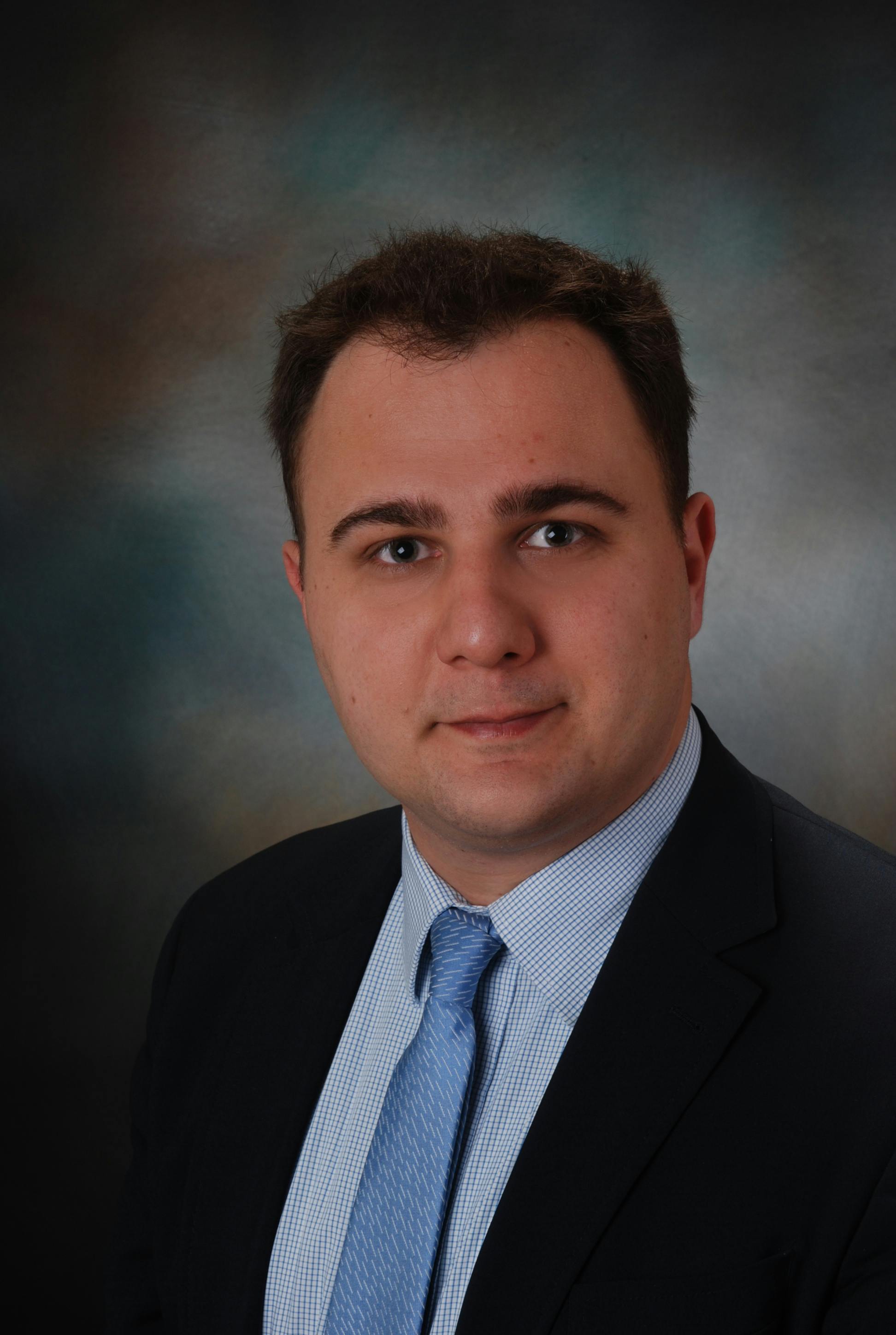
Timur Kuran
Timur Kuran is Professor of Economics and Political Science, and Gorter Family Professor of Islamic Studies at Duke University. His research focuses on (1) economic, political, and social change, with emphases on institutions and preferences, and (2) the economic and political history of the Middle East, with a focus on the role of Islam.
His current projects include a study of the role that the Middle East’s traditional institutions have played in its poor political performance. His publications include Private Truths, Public Lies: The Social Consequences of Preference Falsification and The Long Divergence: How Islamic Law Held Back the Middle East.
He was educated at Princeton University (AB 1977) and Stanford University (PhD 1982). He directs the Association for Analytic Learning about Islam and Muslim Societies (AALIMS); co-edits a book series for Cambridge University Press, “Economics, Choice and Society”; and (as of January 2017) co-edits the Journal of Comparative Economics.
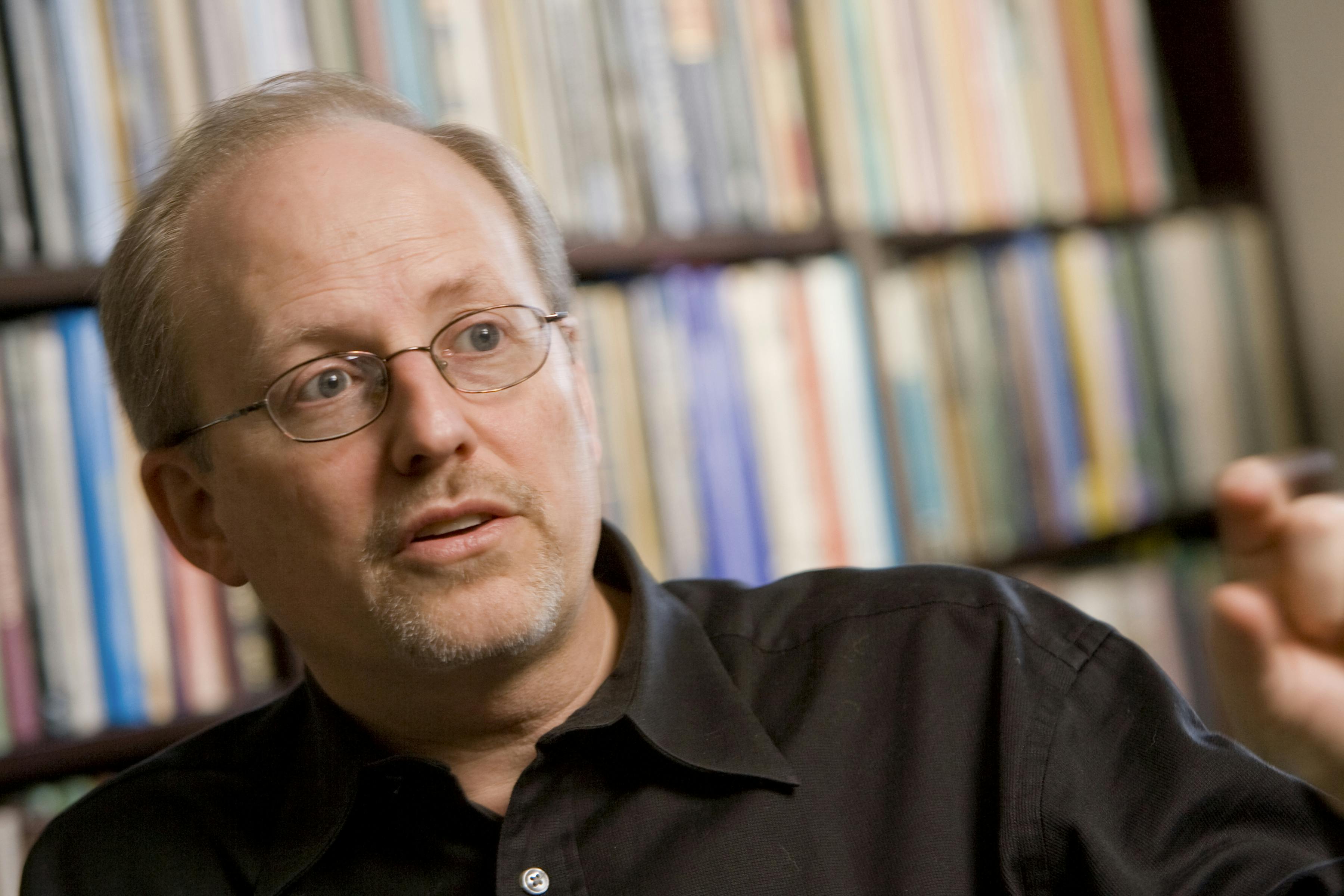
Jacob T Levy
Jacob T. Levy is Tomlinson Professor of Political Theory, Professor of Political Science, and associated faculty in the Department of Philosophy at McGill University. He is the coordinator of McGill’s Research Group on Constitutional Studies and Montreal’s Groupe de Recherche Interuniversitaire en Philosophie Politique, and the founding director of McGill’s Yan P. Lin Centre for the Study of Freedom and Global Orders in the Ancient and Modern Worlds. He is the author of The Multiculturalism of Fear (OUP 2000) and Rationalism, Pluralism, and Freedom (OUP 2014), and editor or coeditor of Colonialism and Its Legacies, Nomos LV: Federalism and Subsidiarity, and the forthcoming Oxford Handbook of Classics in Contemporary Political Theory. His research interests include federalism, constitutionalism, freedom of association, Montesquieu, the history of liberal thought, and the rights of ethnic and cultural minorities. He sits on the editorial boards of The Journal of Politics, Political Research Quarterly, Political Studies and Publius: The Journal of Federalism. He is a member of the Board of Advisors and an Senior Fellow at the Niskanen Center. He holds a B.A. in Political Science from Brown University, an M.A. and Ph.D. in Politics from Princeton University, and an LL.M. from the University of Chicago Law School.
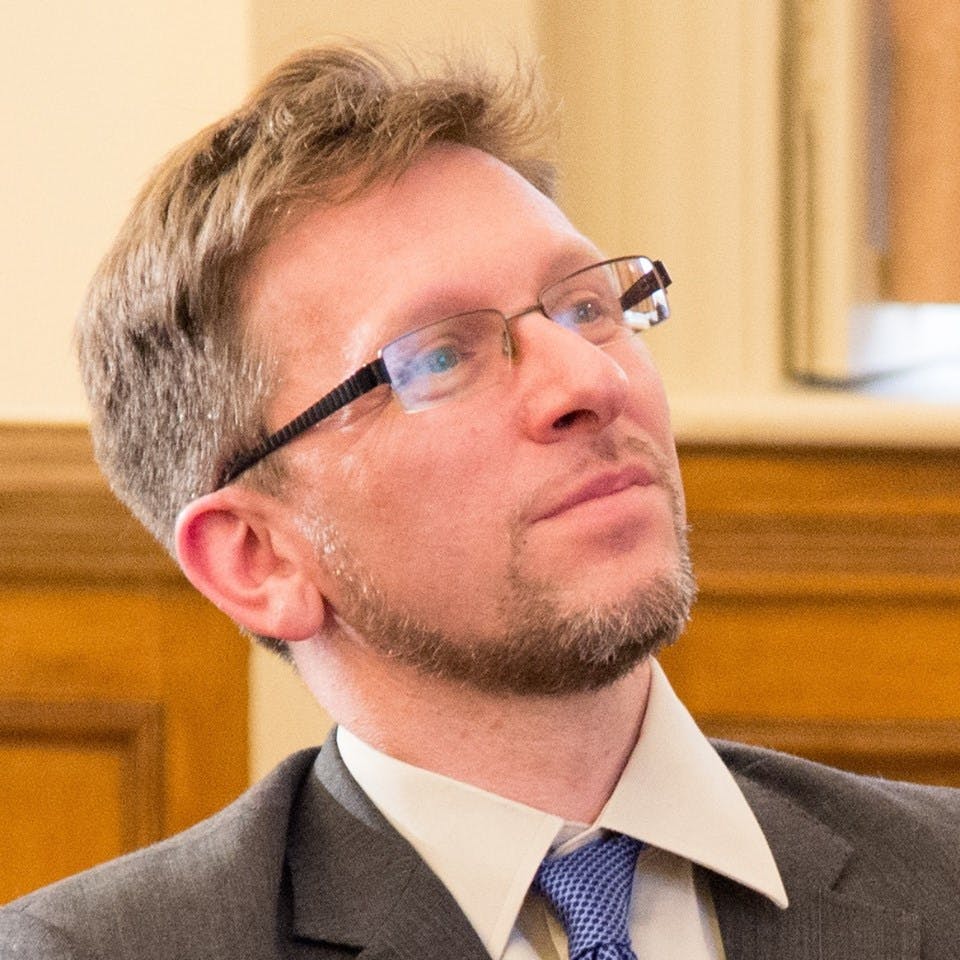
Greg Lindsay
Greg Lindsay is the executive director and founder of the Centre for Independent Studies in Australia. While studying philosophy at Macquarie University in the early 1970s, Mr Lindsay became interested in the ideas underpinning a free and open society. A maths teacher by training, Mr Lindsay taught for some years at Richmond High School in Western Sydney, and while there, founded the Centre in 1976. Since then, he has overseen the development of CIS into Australia’s largest independent think tank covering the three major policy areas – economic, social and international. He has been active in the international liberal movement and is a former President of The Mont Pelerin Society
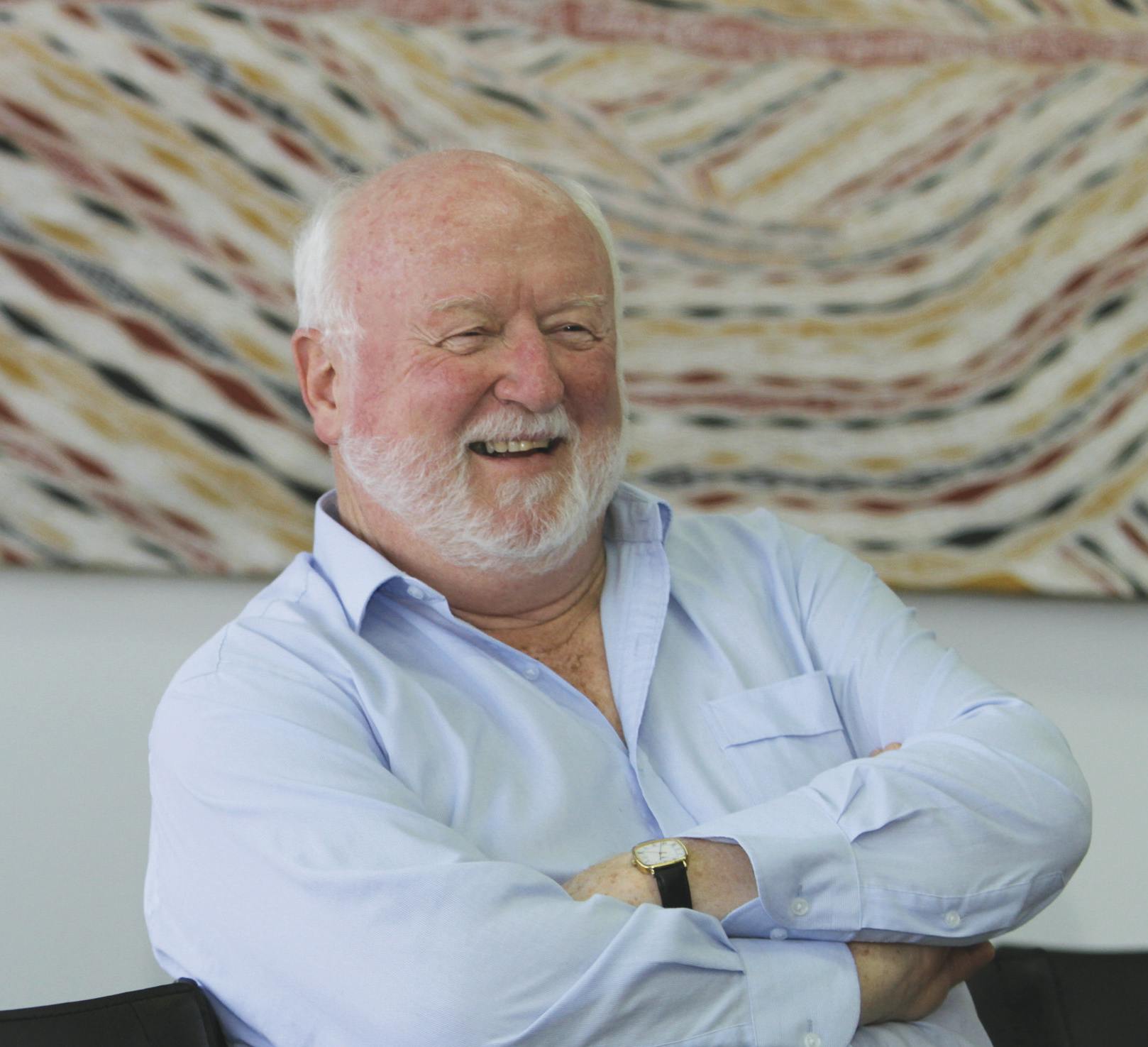
Amichai Magen
Dr. Amichai Magen is a Senior Lecturer (US Associate Professor) and Head of the MA Program in Diplomacy & Conflict Studies at the Lauder School of Government, Diplomacy and Strategy. He also heads the Governance & Political Violence Program at the Institute for Counter-Terrorism (ICT), and is a Visiting Fellow at the Hoover Institution, Stanford University.
Dr. Magen’s research and teaching interests include the future of the Liberal International Order, sovereignty, democracy, and the Rule of Law; Governance in Areas of Limited Statehood; Political Violence; EU external relations, and EU-Israel relations.
Amichai Magen received the Yitzhak Rabin Fulbright Award (2003) and was the first Israeli to be awarded the prestigious National Fellow Award at the Hoover Institution (2008). In 2016 he was named Richard von Weizsäcker Fellow, the highest honor of the Robert Bosch Academy, awarded to distinguished decision-makers and opinion leaders from around the world.
Amichai Magen served on the Executive Committee of the World Jewish Congress (WJC) and is a Board Member of the Israel Council on Foreign Relations (ICFR). He serves on the Editorial Board of the Israel Journal of Foreign Affairs (IJFA) published quarterly by Taylor & Francis.
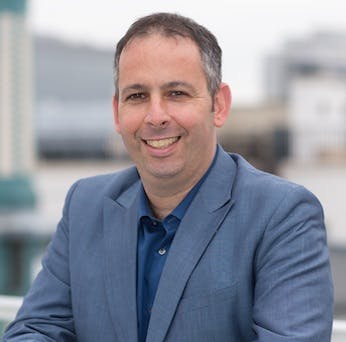
Deirdre McCloskey
Deirdre Nansen McCloskey taught until 2015 Economics, History, English, and Communication at the University of Illinois at Chicago. Author of seventeen books and some 400 scholarly articles ranging from technical economics and statistics to gender and literary criticism, she has held tenured appointments at the University of Chicago and visiting appointments worldwide. Her trilogy of books (2006, 2010, 2016) on the ”bourgeois era” explains modern riches and liberty as an outcome of a new respect after 1800 for trade-tested betterment.
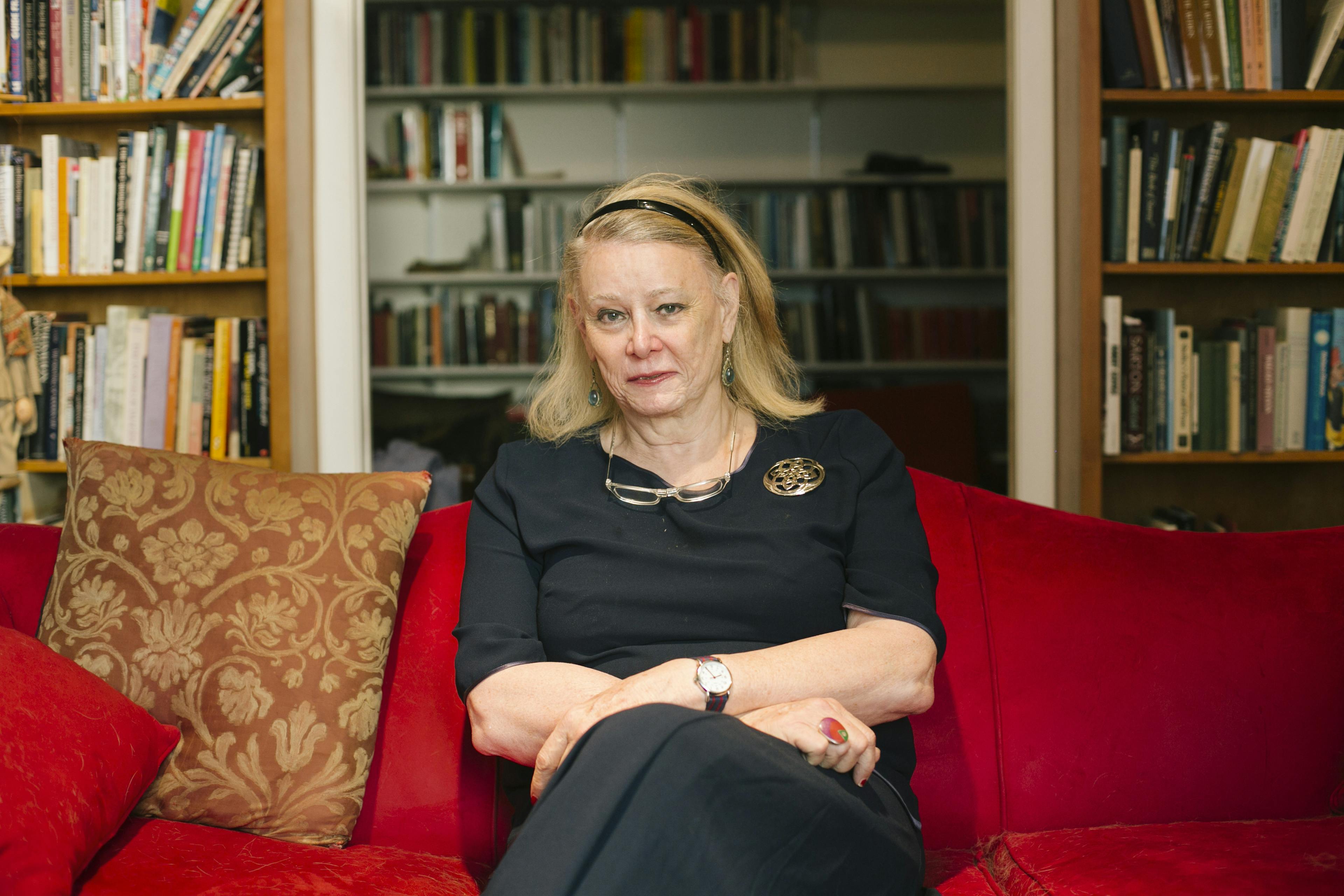
Johan Norberg
Johan Norberg is an author, lecturer and documentary filmmaker, born in Sweden. He is a Senior Fellow at the Cato Institute in Washington D.C. and the European Centre for International Political Economy in Brussels. He received his M. A. in the History of Ideas from the University of Stockholm.
His book In Defence of Global Capitalism has been published in more than 25 countries. His latest book is Progress: Ten Reasons to Look Forward to the Future, described by The Economist as “a blast of good sense”. He also regularly hosts documentaries for American public television, most recently The Real Adam Smith.
Norberg has received the Distinguished Sir Antony Fisher Memorial Award from the American Atlas Foundation, and the gold medal from the German Hayek Stiftung.
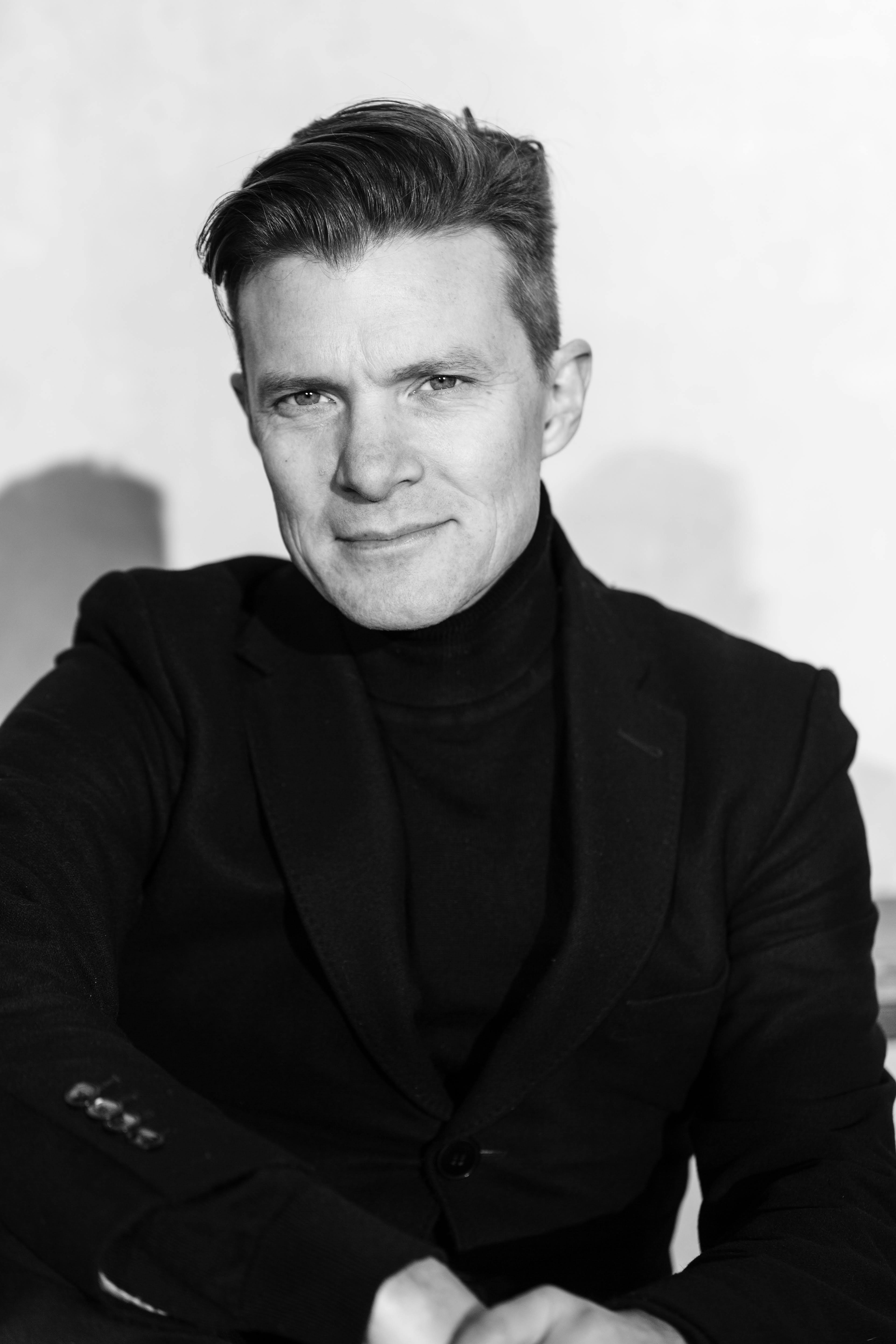
Madsen Pirie
Dr Madsen Pirie graduated from Edinburgh, St Andrews and Cambridge Universities. He is President of the free market think tank, the Adam Smith Institute. Before that he was Professor of Philosophy at Hillsdale in Michigan.
In the Institute, Dr Pirie was part of the team that pioneered policy innovations such as privatization. He was joint winner of the ”National Free Enterprise Award” of 2010, and is a Senior Visiting Fellow in Land Economy at Cambridge.
He has published books on political economy, philosophy & logic and children’s science fiction. His recent works have included ”Britain and the World in 2050.”
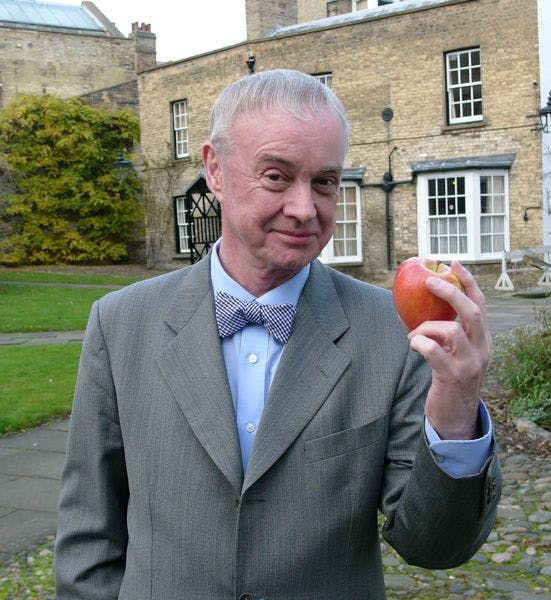
Benjamin Powell
Benjamin Powell is the director of the Free Market Institute and a Professor of Economics in the Jerry S. Rawls College of Business Administration at Texas Tech University. Prof. Powell is the North American Editor of the Review of Austrian Economics, past president of the Association of Private Enterprise Education, and a senior fellow with the Independent Institute. He earned his B.S. in economics and finance from the University of Massachusetts at Lowell, and his M.A. and Ph.D. in economics from George Mason University. Prof. Powell is the author of Out of Poverty: Sweatshops in the Global Economy (Cambridge University Press, 2014), editor of four other books including The Economics of Immigration: Market-Based Approaches, Social Science, and Public Policy (Oxford University Press, 215). He is the author of more than 50 scholarly articles and policy studies. Prof. Powell’s research findings have been reported in more than 100 popular press outlets, including The Wall Street Journal and The New York Times. He has appeared on numerous radio and television outlets, including CNN, MSNBC, Showtime, CNBC, BBC, and he was a regular guest commentator on FOX Business Network’s Stossel, and Freedom Watch.
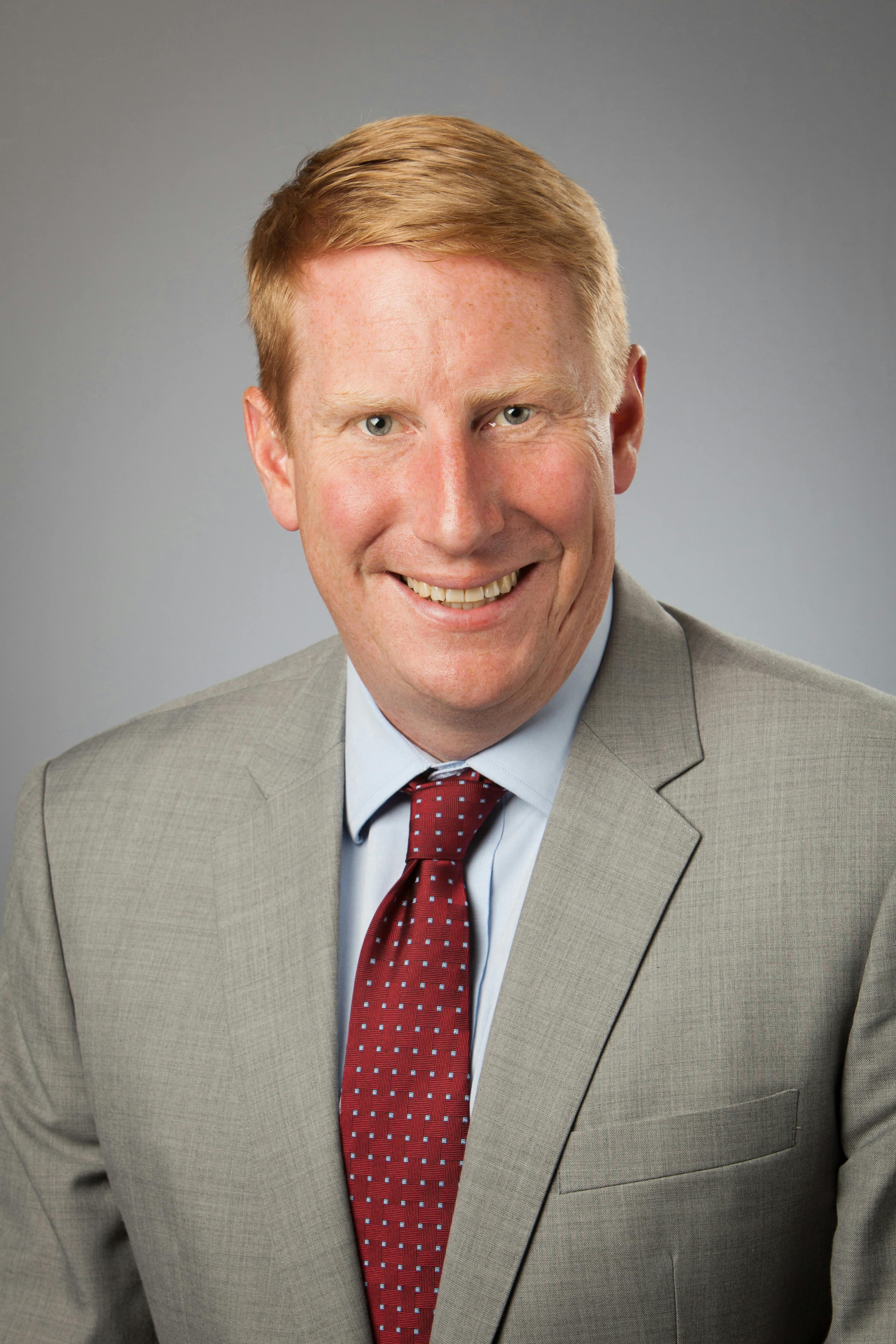
David Schmidtz
David Schmidtz is Kendrick Professor of Philosophy (College of Social & Behavior Sciences) and Eller Chair of Service-Dominant Logic (College of Management) at the University of Arizona. He is founding Director of the Center for Philosophy of Freedom and editor in chief of Social Philosophy & Policy. In political philosophy, Arizona is ranked as the world’s #1 graduate program by the Philosophical Gourmet. Dave’s fourteen former doctoral students all hold faculty positions and have published articles in Journal of Philosophy and Ethics. Oxford, Cambridge, and Princeton University Presses have published their books.
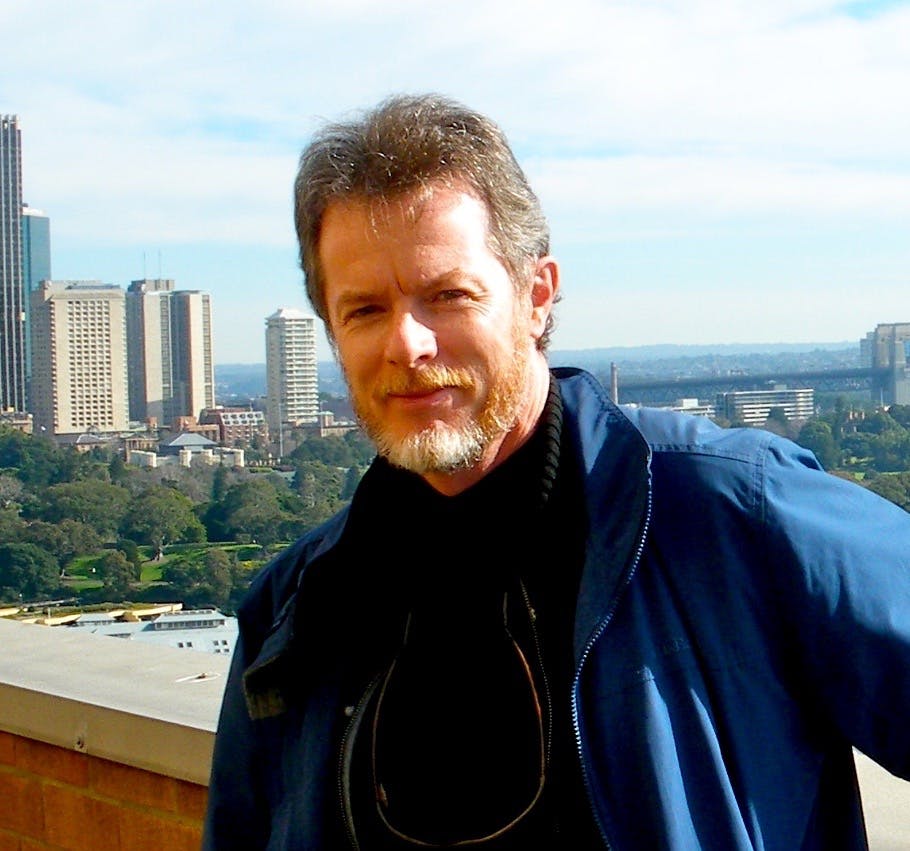
Charlotta Stern
Charlotta Stern is Associate Professor of Sociology at Stockholm University, Vice Pressident of the Ratio Institute and Director of the HR-program of Stockholm University. She is vice president at the Ratio institute, where she studies labor market institutions, such as labor law and collective agreements, and their impact on Swedish firms. She is a founding members of Heterodox Academy.org, and presently deputy chair of her Department.
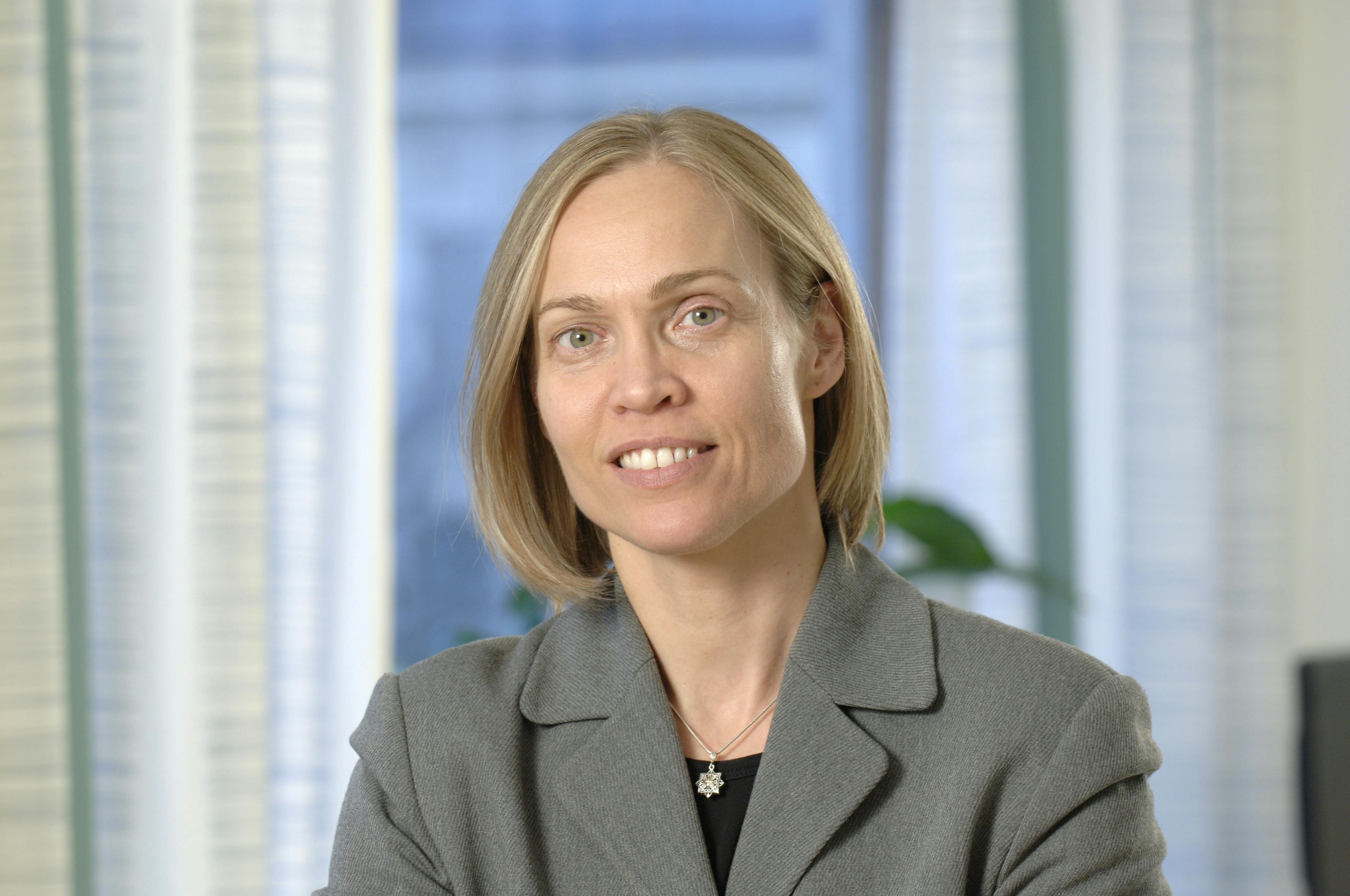
Per Strömberg
Per Strömberg is the SSE Centennial Professor of Finance and Private Equity at the Stockholm School of Economics, and the current holder of the Söderberg Professorship in Economics. He is also Adjunct Professor of Finance at the University of Chicago Booth School of Business. He received his PhD from Carnegie Mellon University in 1997. Dr Strömberg’s research has primarily focused on the two areas of bankruptcy and private equity finance. His work has been published in top academic journals in economics and finance, and has been acknowledged by several best article prizes, including three Brattle Group Prizes for best corporate finance paper published in the Journal of Finance. In 2011 he was awarded the Assar Lindbeck Medal, given bi-annually to an economist active in Sweden below the age of 45. He is a member or the Swedish Royal Academy of Sciences and the prize committee of the Sveriges Riksbank Economics Prize in the Memory of Alfred Nobel, which he currently chairs. Apart from his academic appointments, Dr. Strömberg is a a board member of the Sixth AP Fund, a public pension fund focused on private equity investments.
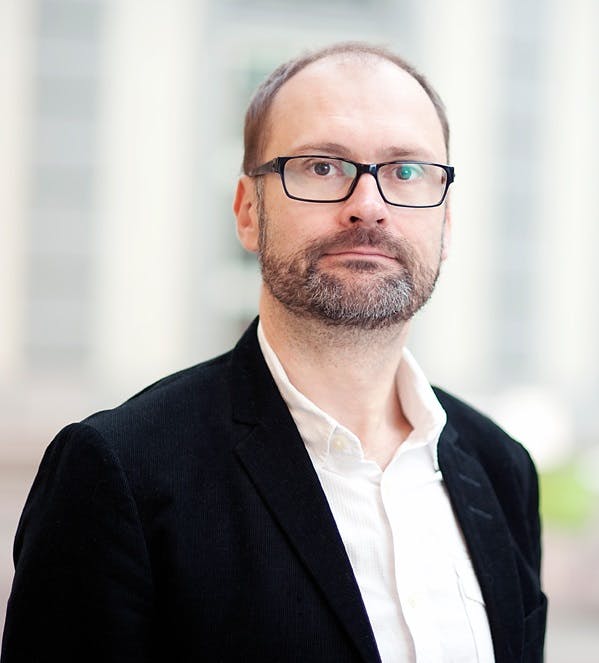
John Tomasi
John Tomasi did his graduate work in political philosophy at the University of Arizona (M.A.) and Oxford University (B.Phil., D.Phil.). He has held positions at Princeton, Stanford, and Harvard. Tomasi is currently Professor of Political Science and Philosophy at Brown University where he is the founding director of The Political Theory Project. He also holds an appointment at the University of Arizona’s Freedom Center. In addition to numerous scholarly articles, Tomasi is the author of Liberalism Beyond Justice (Princeton) and Free Market Fairness (Princeton).
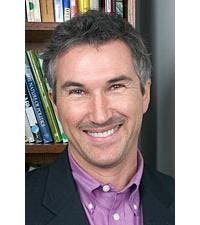
Luigi Zingales
Luigi Zingales is the Robert C. McCormack Distinguished Service Professor of Entrepreneurship and Finance at the University of Chicago Booth School of Business. He is a Research Associate of the National Bureau of Economic Research, a Research Fellow of the Center for Economic Policy Research, and a Fellow of the European Corporate Governance Institute. In 2005-6 and again in 2014-15 he held the prestigious Taussig Research Professorship at Harvard University. In July 2015 he became the director of the Stigler Center at the University of Chicago. His research interests span from corporate governance to financial development, from political economy to the economic effects of culture. He has published extensively in the major economics and financial journals. In 2003 he wrote with Raghu Rajan a book entitled Saving Capitalism from the Capitalists, which has been acclaimed as ”one of the most powerful defenses of the free market ever written.” In 2012 he wrote A Capitalism for the People, which the Financial Times described as a ”stimulating essay on the nature of American capitalism and the issues that will determine the pace of America’s relative decline.” In 2004, Zingales received the Bernacer Prize for the best European young financial economist. In 2013 he was named founding director of the Center for Economic Analysis of the PCAOB. In 2014 he served as President of the American Finance Association.
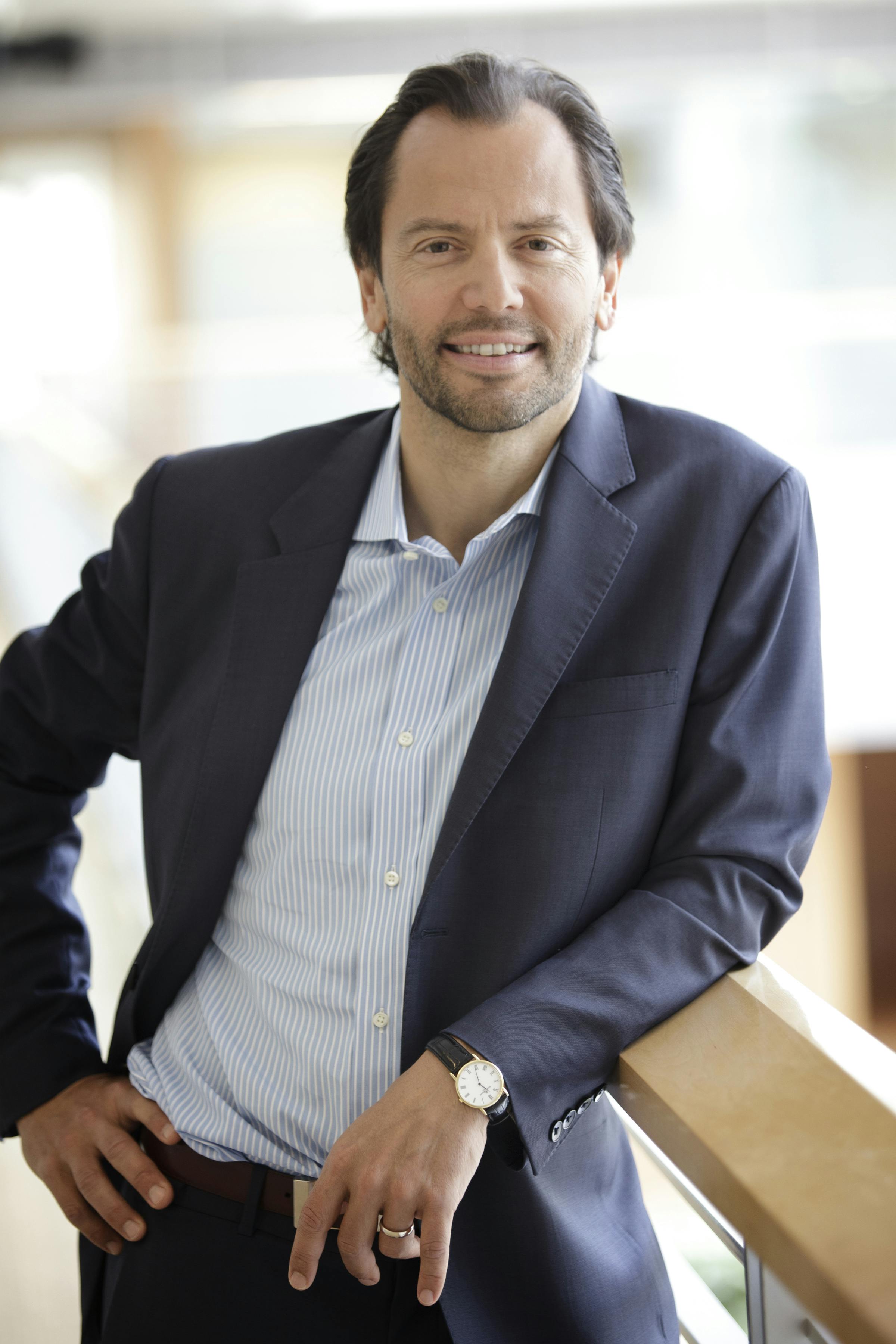
Anders Åslund
Anders Åslund is a senior fellow at the Atlantic Council. He also teaches at Georgetown University. He is a leading specialist on economic policy in Russia, Ukraine, Eastern Europe and the European Union. He is Chairman of the Advisory Council of the Center for Social and Economic Research (CASE), Warsaw and of the Board of International Advisors, Bank of Finland Institute of Transition.
Dr. Åslund has worked as an economic adviser to several governments, including the Russian and Ukrainian governments. He has published extensively, being the author of 14 books, including with Simeon Djankov, Europe’s Growth Challenge (Oxford University Press 2017); Ukraine: What Went Wrong and How to Fix It (2015);How Capitalism Was Built: The Transformation of Central and Eastern Europe, Russia, the Caucasus, and Central Asia (2013); and Russia’s Capitalist Revolution: Why Market Reform Succeeded and Democracy Failed (2007). He has also edited 16 books, most recently with Simeon Djankov, The Great Rebirth: Lessons from the Victory of Capitalism over Communism (2014).
Previously, Dr. Åslund worked as a senior fellow at the Peterson Institute for International Economics, and he was senior associate and Director of the Russian and Eurasian Program at the Carnegie Endowment for International Peace. He was the founding director of the Stockholm Institute of Transition Economics and a professor at the Stockholm School of Economics. Dr. Åslund served as a Swedish diplomat in Moscow, Geneva and Kuwait. He earned his doctorate from the University of Oxford.
